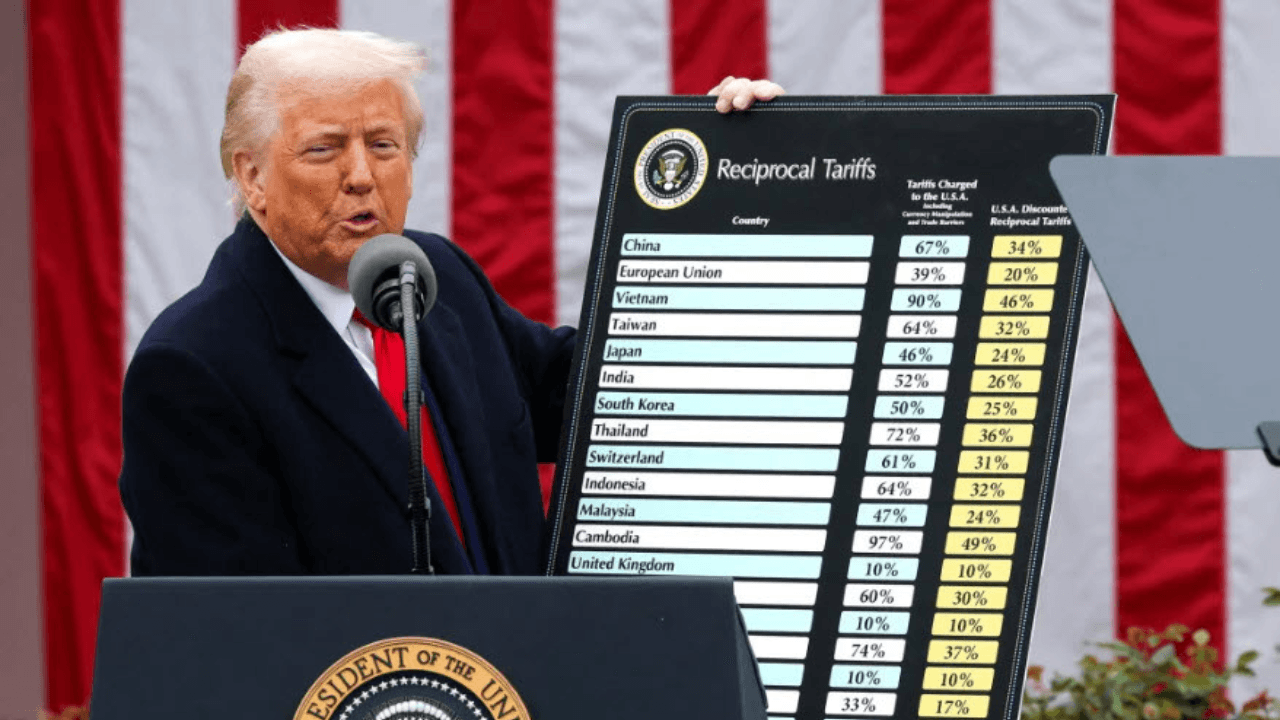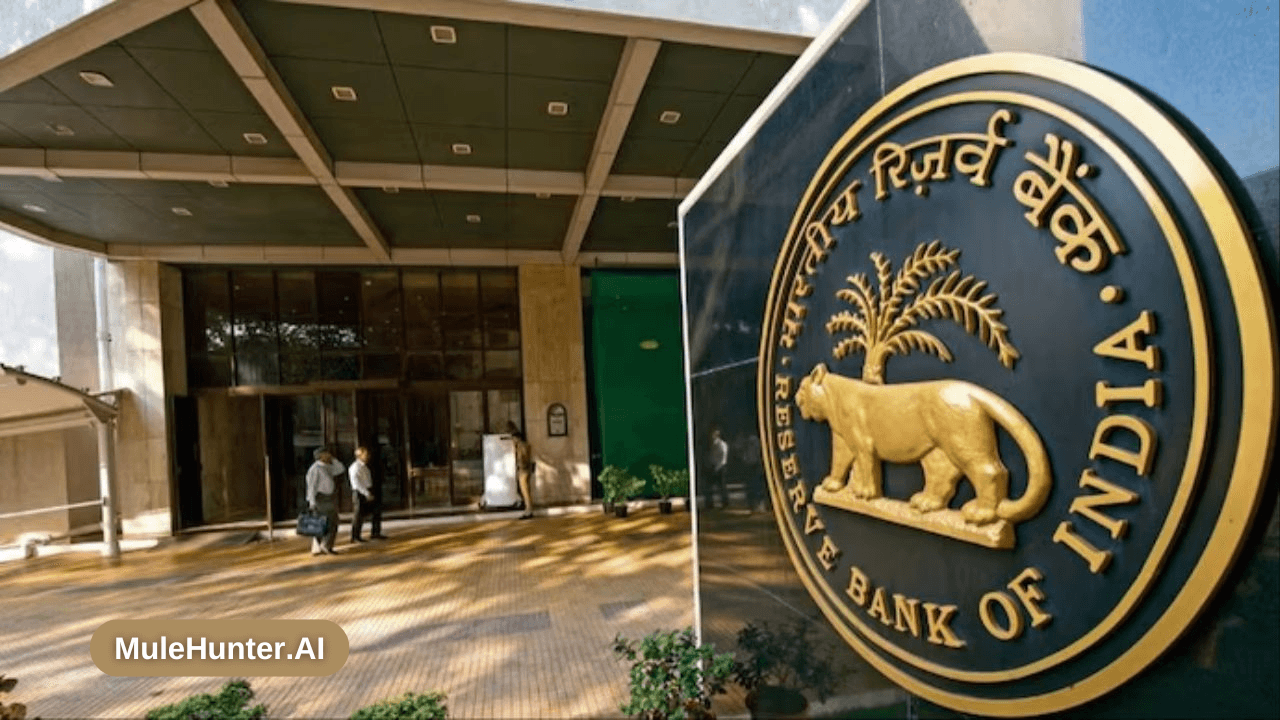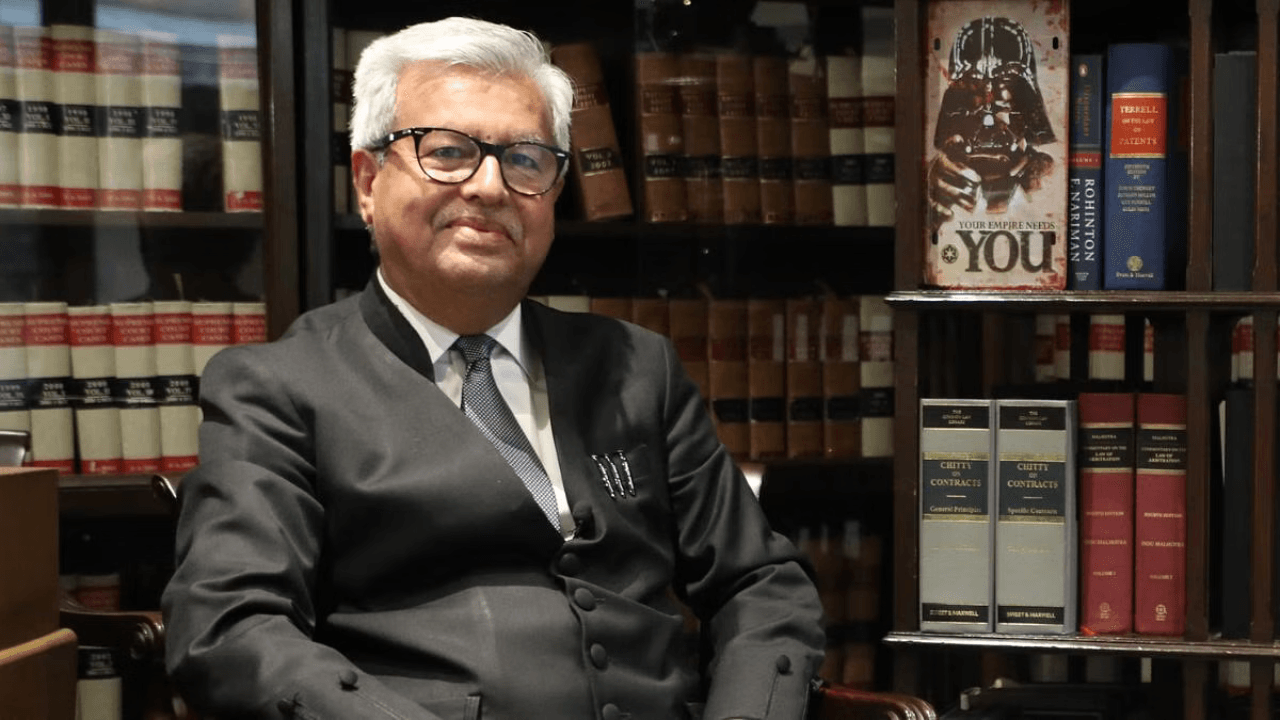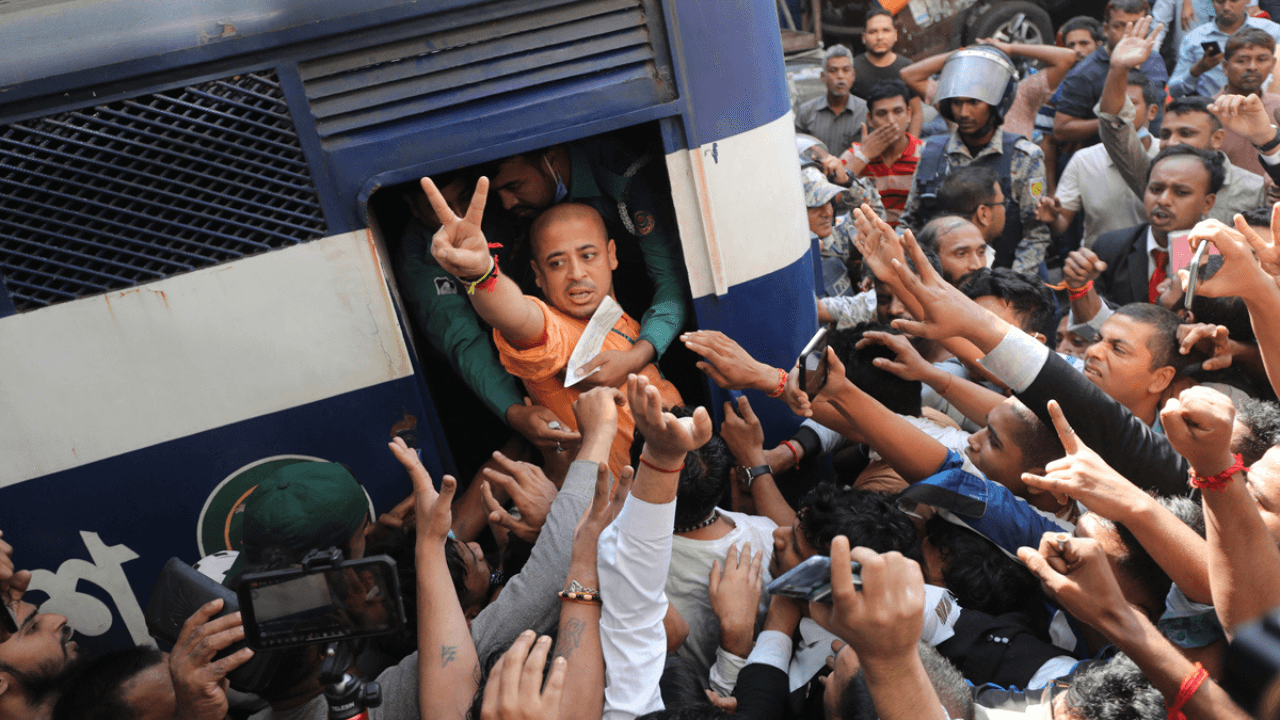In Bihar, a pervasive culture of corruption has infiltrated the very fabric of public service, affecting the livelihoods of honest employees and perpetuating a cycle of bribery that is both systematic and deeply entrenched. At the heart of this issue are the block-level government officials, who have created a corrupt nexus that exploits public school teachers and other state employees. Teachers like Mohammad Akhlaque, who refuse to pay bribes, find themselves in dire situations, unable to access their hard-earned salaries and retirement benefits. Akhlaque, a retired teacher from Dubeli village in Purnia district, has been unable to withdraw his employee provident fund for the last two years simply because he would not succumb to the demands of corrupt officials. This scenario is not an isolated incident; it reflects a broader problem that plagues various sectors in Bihar.
The organized corruption extends beyond teachers to other public services, such as passport verification, where officials demand bribes to process applications. This pattern of extortion creates an environment where employees feel they have no choice but to comply with corrupt demands to receive their rightful dues. A troubling source revealed that another individual, facing similar pressures, is prepared to pay 40,000 rupees in installments to expedite his payments, fully aware of the turmoil that Akhlaque has endured. The reality is stark: many employees are trapped in a system that forces them to choose between their integrity and their financial survival.
This systemic corruption raises a critical question: who will regulate this menace? The answer lies in a comprehensive approach that addresses the root causes of corruption while ensuring accountability and transparency in public service. A policy overhaul is necessary, alongside the integration of technology to streamline processes and eliminate the need for human discretion in salary disbursements. Implementing digital payment systems could ensure that public employees receive their salaries and benefits on time, without the interference of corrupt officials demanding bribes.
Moreover, the government must establish robust mechanisms for reporting and investigating corruption within its ranks. Whistleblower protections should be strengthened to encourage employees to report corrupt practices without fear of retaliation. Transparency initiatives, such as public audits and accessible records of salary disbursements, could further deter corrupt practices by shining a light on the inner workings of government offices.
The situation in Bihar is reminiscent of cases in other regions where corruption has stifled public service, such as the infamous “cash-for-jobs” scandals in various states across India. These incidents have sparked outrage and calls for reform, yet the cycle continues, often leaving the most honest and vulnerable individuals to bear the brunt of systemic failures.
As we reflect on these pressing issues, one must ask: how can Bihar break free from this cycle of corruption and restore integrity within its public institutions? The time for change is now, and it requires a collective effort from the government, civil society, and the public to demand accountability and uphold the values of justice and fairness.











